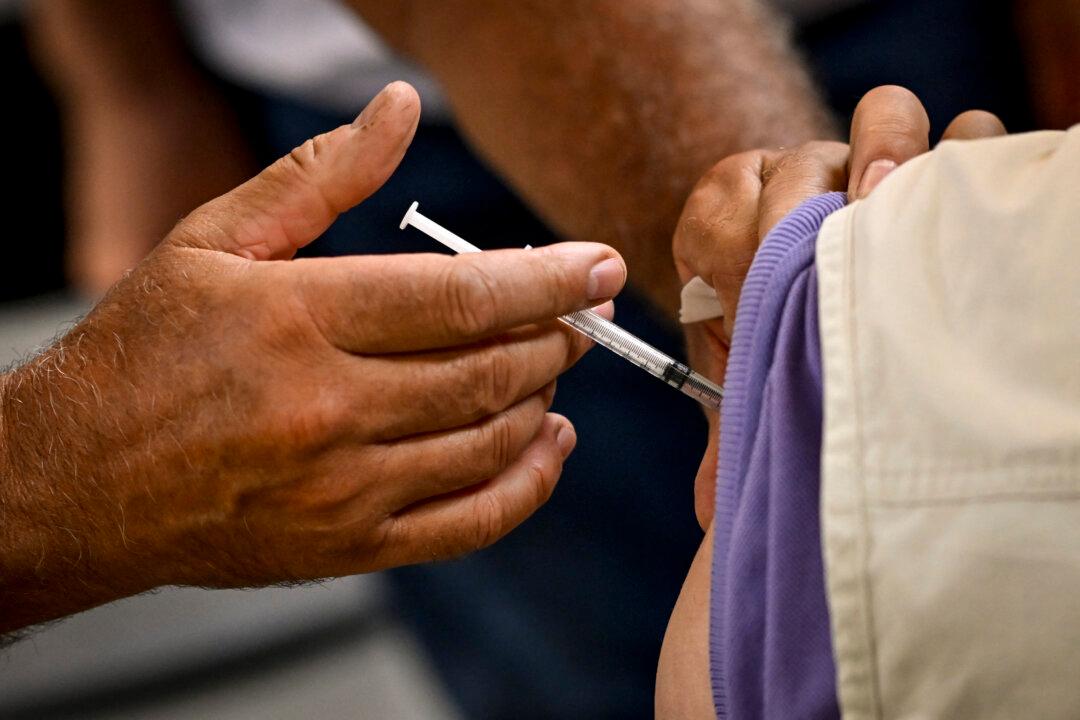Rather than get bogged down in the neverending debate on vaccine science, Matt Jordan set out to simply give people a voice when he launched Jab Injuries Global.
The platform, which has garnered 113,000 followers on its Australian Instagram account in just 10 months, has big plans globally, with local accounts in the United States, United Kingdom, and New Zealand beginning to gain traction.





